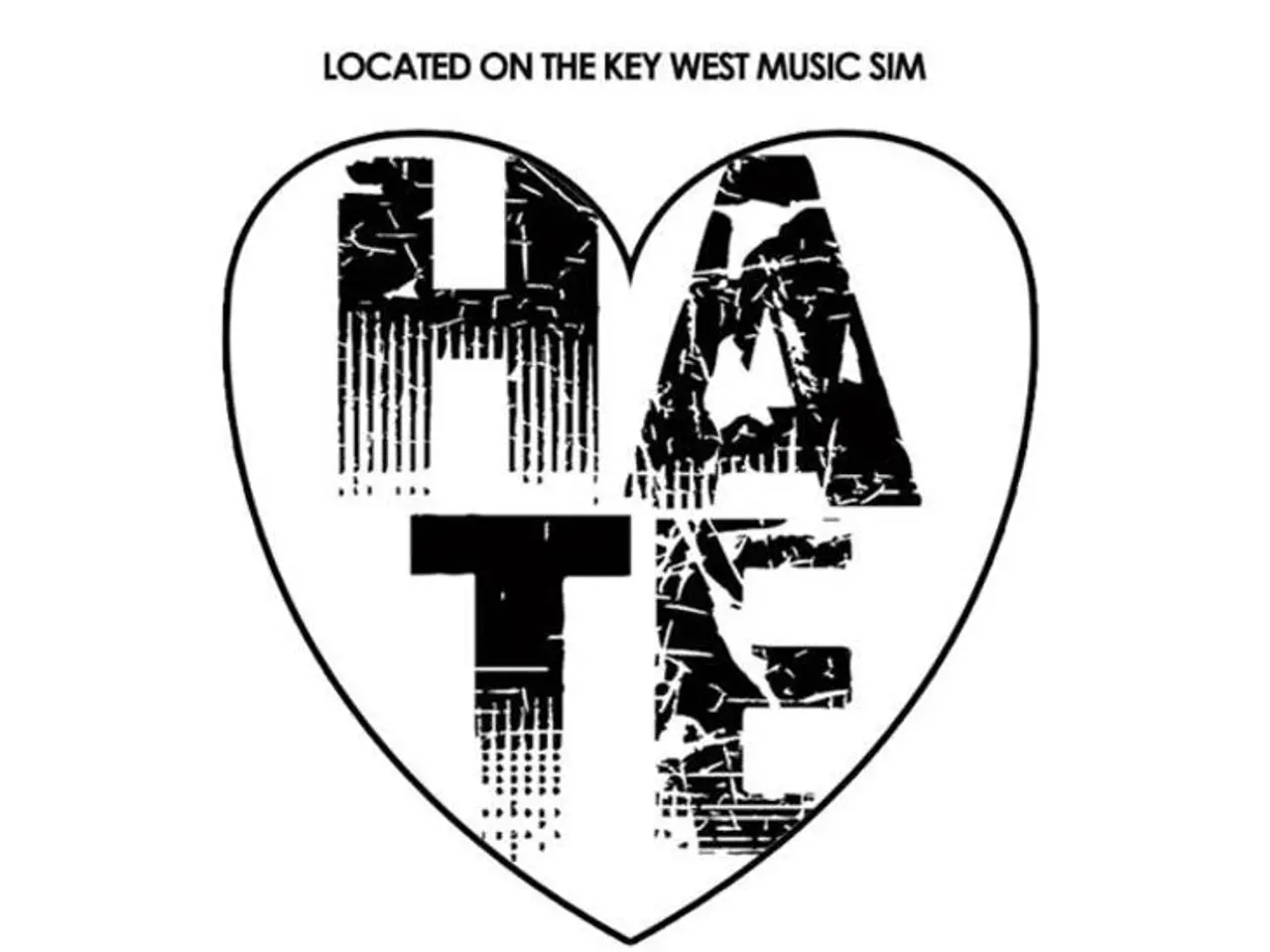Assessment of "Left" and "Right" revolves around their stance on Israel
In the complex landscape of political ideologies, the issue of left-wing antisemitism has emerged as a significant concern, particularly in the context of the ongoing Middle East conflict and the Palestinian cause. This article aims to shed light on the historical and contemporary manifestations of left-wing antisemitism, focusing on its relationship with Zionism, Israel, and the Palestinian question.
Historically, the Jewish left has played a prominent role in radical politics, with many Jews active in socialist and communist movements that opposed fascism and capitalism. This tradition often included anti-Zionist perspectives, with some Jewish leftists opposing the political ideology of Zionism even before the establishment of Israel in 1948. The US Jewish left, influenced by immigrant experiences and radical labor movements, included both Zionist and anti-Zionist segments, with the latter sometimes connecting Jewish liberation to broader anti-colonial and socialist frameworks.
However, in the post-1948 and especially post-1967 periods, the formation and consolidation of Israel led to new political tensions. Criticism of Israeli government policies, particularly regarding Palestinians, sometimes overlaps with or is accused of veering into antisemitism. This overlap sometimes fuels left-wing antisemitism, where anti-Zionist rhetoric feeds into hostility against Jews as a group.
In contemporary contexts, this boundary is highly contested. On the one hand, many on the left defend Palestinian rights and criticize Israeli policies as part of anti-colonial and human rights advocacy. On the other hand, there are instances where such criticism enters into antisemitic tropes or generalizations about Jews.
The IHRA's 2016 "working definition" of antisemitism highlights concerns that critiques of Israel can be discriminatory if they demonize Jewish identity or apply double standards not used against other nations. This complexity is aggravated by political dynamics in the Middle East and the diaspora, where antisemitism may emerge in forms connected to anti-imperialist or anti-capitalist rhetoric but with harmful generalizations about Jews or Israel-based conspiracies.
Hence, left-wing antisemitism today often manifests through political discourse about Israel and Palestine, where criticism of Israeli state actions can sometimes merge with or be used as a cover for hostility against Jews worldwide. This form of antisemitism is distinct from older religious or racial antisemitism but still contributes to the ongoing challenges in combating hostility against Jews.
In summary, the Jewish left has historically included strong anti-Zionist factions rooted in socialist and labor movements. After Israel's founding and especially since 1967, divisions around Zionism introduced tensions related to Palestine advocacy. Contemporary left-wing antisemitism often appears in the conflation of anti-Israel criticism with antisemitic tropes or discrimination. Definitions, like the IHRA’s, attempt to differentiate legitimate political criticism from antisemitism, a distinction often fraught with debate. The Middle East conflict thus remains a critical context in which left-wing antisemitism is discussed and contested.
Read also:
- Weekly happenings in the German Federal Parliament (Bundestag)
- Southwest region's most popular posts, accompanied by an inquiry:
- Discussion between Putin and Trump in Alaska could potentially overshadow Ukraine's concerns
- Independence supporters in New Caledonia refuse agreement offering authority without a vote on sovereignty








